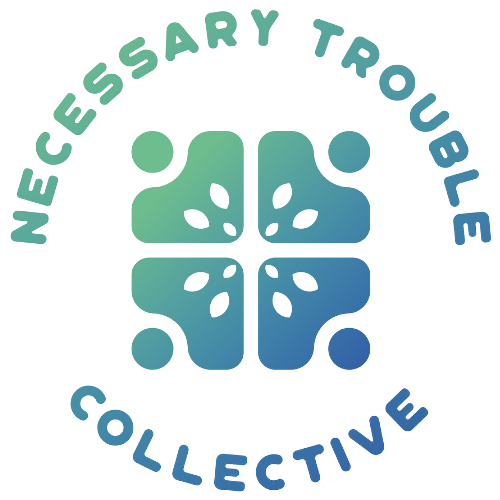Give up ignoring who was displaced so you can live where you live
Most historians and First Nations history keepers agree that Indigenous people have continuously inhabited Turtle Island for at least 16,000 years with some estimates as high as 40,000. That represents between 800 and 2,000 generations living on and caring for the same territory continuously. In contrast, I, a white settler, can only trace my ancestors back 8 generations on the land now called Canada. My ancestors were given stolen land in the traditional territory of the Wendake, Mississauga and Haudenasaunee Nations as a reward for siding with the King of England in the Revolutionary War. I have never lived on that land, i but continue to benefit from the intergenerational wealth that results from land ownership.
It is shocking to realize that in less than 12 generations, Indigenous people in Canada have gone from sovereignty over 100% of the land to occupying only 0.36% of the land through the system of reserves. In Canada, the Crown (federal and provincial governments) currently has control over 89% of the land. There is plenty of opportunity to put more land under the control of Indigenous Peoples. Who would you rather have in managing the land? People who were able to sustain themselves on it for over 800 generations or those who have significantly eroded the capacity of the land to sustain life in less than 12 generations?
Action: Create your own personal territorial acknowledgement.There are guides available on the internet including an excellent one from Concordia University. Visit Native Land.ca to look up who stewarded the land you live on. Where are they now? What percentage of their traditional territory do they currently have access to?
Reflection: What is your relationship with the land you live on? How do you think that would differ if your ancestors had lived on the same land for thousands of years? How does it differ from the relationship that Indigenous people have with the land? Imagine the impact of privatization of land on Indigenous peoples and the violence of forced dislocation from the land that is the source of traditional knowledge, language, cultural practices and oral traditions built up over the millennia.
Explore the differences in relationship to the land:
https://cass.ab.ca/indigenous-education/learning-from-the-land/
https://www.ictinc.ca/blog/first-nation-relationship-to-the-land
https://www.ictinc.ca/blog/indigenous-peoples-worldviews-vs-western-worldviews
You can also educate yourself about the Land Back movement. We will never have true reconciliation with First Nations until we have come to an agreement about sovereignty and land stewardship.





